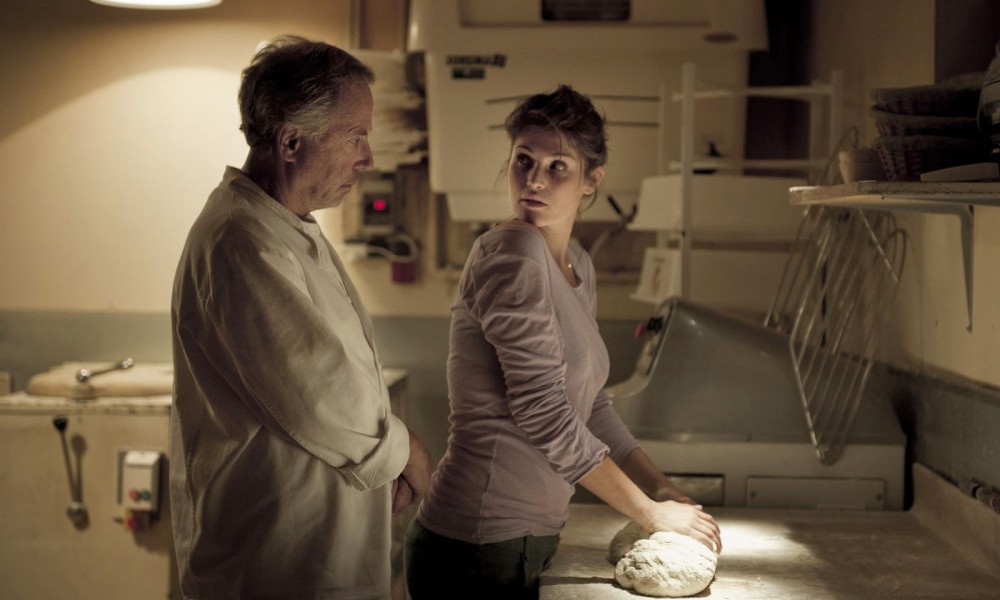Pretentious, snobbish, perverted and dull – the latest modern French attempt to dramatise mediocrity and indeed not even the first, second or third time Gemma Arterton’s figure has been exalted to centre stage as the entire story revolves around it and the desire it evokes in the men she encounters: young, old, married and single. She is presented as a sensualised femme fatale with little to no character to speak of, seemingly motivated by lust only – but specifically other people’s lust, operating as little more than a vent for male desire.
Adapted from the 1999 graphic novel by Posy Simmonds, Arterton plays the titular Gemma Bovery, who moves to France from London with her husband Charlie (Jason Flemyng) where they encounter their neighbours Martin (Fabrice Luchini) and Valérie Joubert (Isabelle Candelier). Lover of literature Martin can’t help but pair in his mind the beautiful Gemma with Madame Bovary, the eponymous character from Gustave Flaubert’s classic 1857 debut novel. The film does have spoilers with regard to the novel, although exactly how many parallels exist between the two I can’t say – I once began the novel when a certain lady remarked how fateful it was we were reading the same book, having served its purpose, I never finished it.
In any event, Martin’s curiosity becomes an obsession and he can’t help but keep tabs on her love life and indeed even interfere on occasion, all leading to the most ridiculous finale you can imagine – one where you find yourself internally screaming ‘that makes no sense!!!’ as various characters befuddle everything to the point of insanity. You were always kind of hoping for a point to the thing but in the end there isn’t one other than being able to ogle at a few memorable shots of the lead actress’s curves. It’s impossible to imagine anyone really liking this for any reason other than it’s set in France and references classic French literature (it also ruins the ending of Anna Karenina incidentally, which it can’t justify doing).

